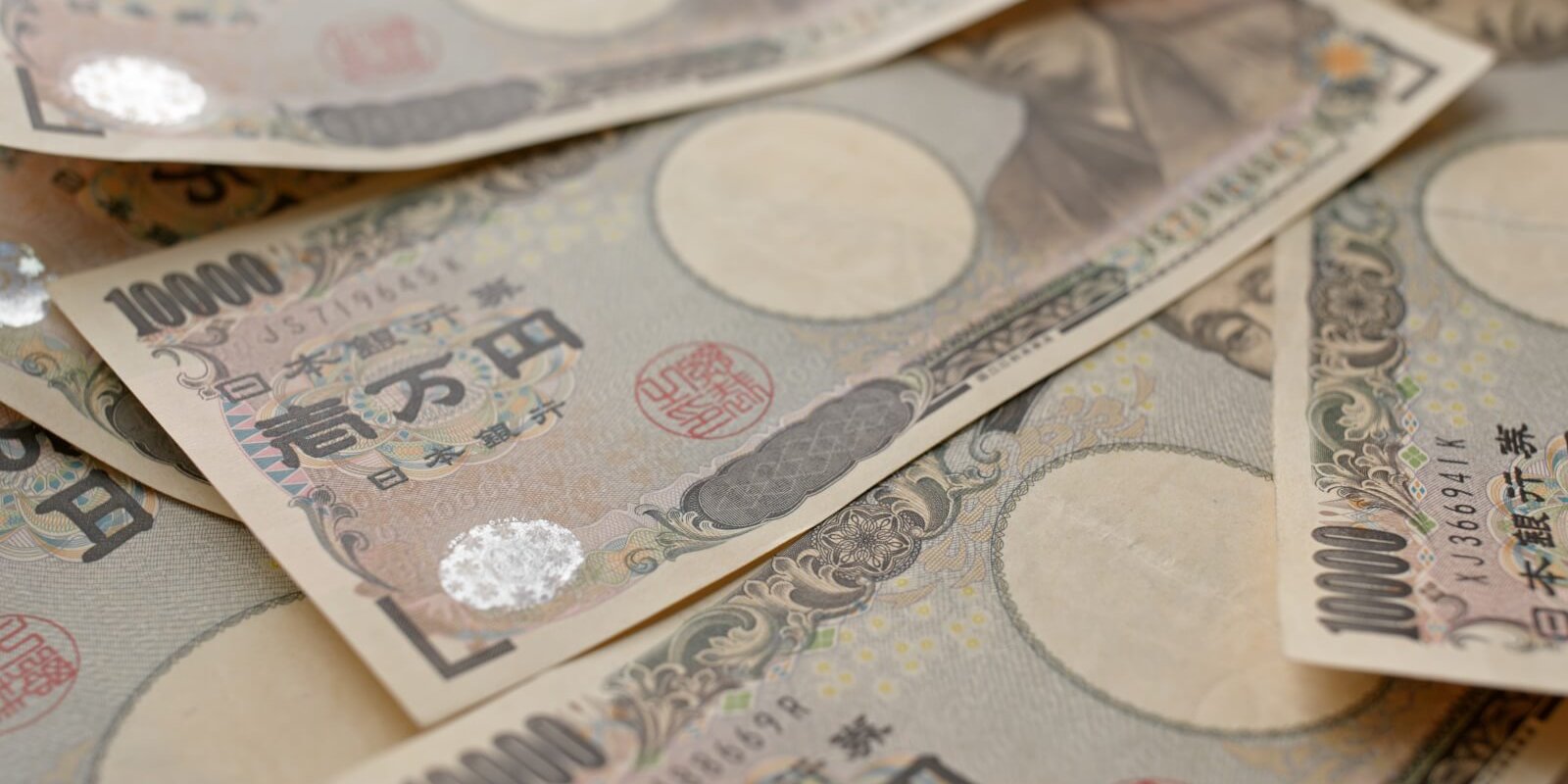Blog

How to Avoid Forex Broker Scams
Amidst the legitimate and reliable brokers are unscrupulous entities intent on running scams. Protecting oneself from these scams is a vital skill every trader should acquire. This article provides a guide on how to avoid falling prey to Forex broker scams.
Understanding the Nature of Forex Broker Scams
Before we delve into the various ways to avoid scams, it is essential to understand what Forex broker scams can entail. These scams often revolve around manipulative trade practices, hidden fees, misleading advertising, and even outright fraud, such as not returning your money. With that in mind, here are several strategies to safeguard your trading and financial activities.
Research and Verify Broker's Regulatory Compliance
One of the most effective ways to protect yourself against Forex broker scams is by verifying whether an authoritative regulatory body regulates a broker. Regulatory bodies such as the Financial Conduct Authority (FCA) in the UK, the Financial Services Agency (FSA) in Japan, Cyprus Securities and Exchange Commission (CySEC), and the Australian Securities and Investments Commission (ASIC) have stringent rules and standards that brokers must meet to protect traders' interests.

These rules often include capital adequacy requirements to ensure that brokers have enough capital to protect their clients' deposits and segregation of client funds, where brokers must keep their clients' funds in separate accounts from their operating funds.
Regulatory bodies also have dispute resolution procedures to help traders with problems with their broker. If a broker claims to be regulated, verify this by checking the regulatory body's official website.
Scrutinize the Broker's Business Model
Forex brokers operate under different business models, each with its own advantages and risks. For instance, some brokers operate as market makers, taking the opposite side of your trade. In contrast, others use an electronic communications network (ECN) or Straight Through Processing (STP) model to pass your trades onto liquidity providers.
While none of these models is inherently bad, understanding them can help you identify potential red flags. For example, a market maker might have a conflict of interest if they are also your trading advisor. In contrast, an ECN or STP broker might have unusually high commissions that make trading unprofitable.
Beware of Outlandish Promises
As the saying goes, "If it sounds too good to be true, it probably is." Be wary of brokers who promise guaranteed profits, high returns with no risk, or 'secret' trading strategies. The reality of Forex trading is that it involves significant risk, and no strategy guarantees consistent profits. A legitimate broker will always be clear about the risks involved and will never promise certain profits.
Conduct a Background Check
Conduct a thorough background check on your potential broker. This includes checking for past misconduct, such as fines or sanctions by regulatory bodies, customer complaints, and lawsuits. Online forums, social media, and review websites can provide helpful information about a broker's reputation.
Evaluate the Broker's Customer Service
Customer service is a crucial aspect of your interaction with a Forex broker. A reliable broker should offer professional and prompt customer service, be transparent about their operations, and readily provide information about their regulatory status, fees, and trading platforms.
Take the time to test their customer service by asking questions and gauging their responses. Are they friendly, professional, and willing to help, or are they evasive and slow to respond? A broker's customer service quality often reflects their overall business practices.

Inspect the Trading Platform
A broker's trading platform is your gateway to the Forex market, so it's vital that it is user-friendly, stable, and reliable. Watch out for manipulative practices such as 'stop hunting,' where a broker artificially triggers your stop loss orders; unexplained slippage; and requotes, where a broker gives you a new price instead of the one you executed at.
Also, check the platform for essential features such as different order types, technical analysis tools, and real-time news feeds. Some brokers offer demo accounts, which you can use to test their platform before committing funds.
Check Withdrawal Procedures
A common complaint among traders is problems with withdrawing funds from their trading accounts. Some scam brokers may use unnecessarily complicated withdrawal procedures, high withdrawal fees, or delays to keep your money with them. Before opening an account with a broker, ensure you understand their deposit and withdrawal procedures, and read the fine print regarding these transactions.
Conclusion
While the Forex market offers many opportunities, it also harbors potential risks, including broker scams. However, by taking the time to research brokers, scrutinize their business models, beware of outlandish promises, conduct background checks, evaluate their customer service, inspect their trading platforms, and check their withdrawal procedures, you can significantly reduce the likelihood of falling victim to a scam.




